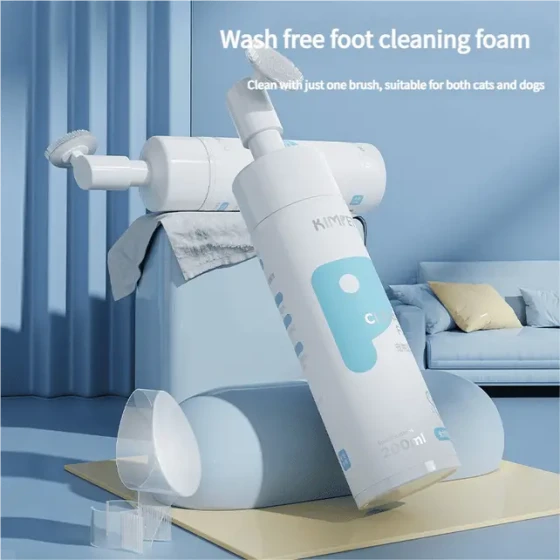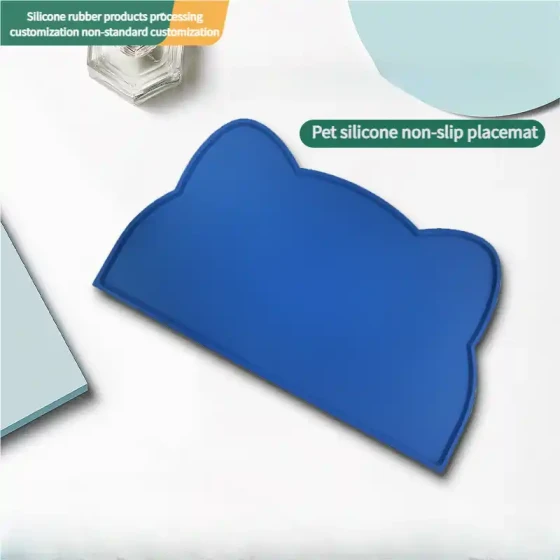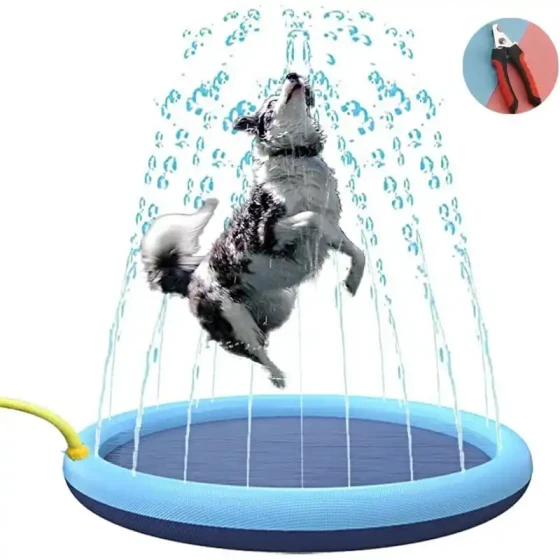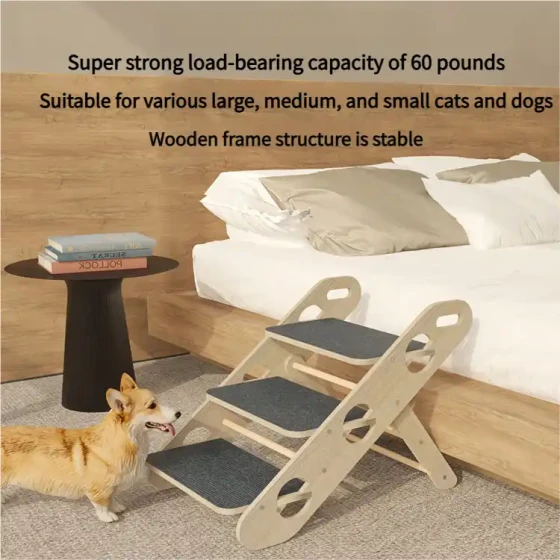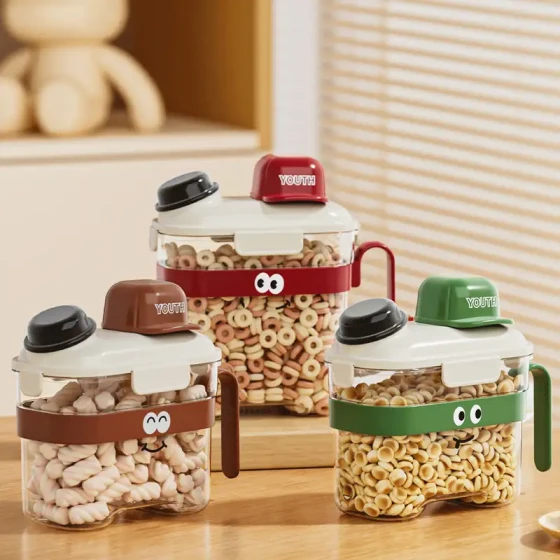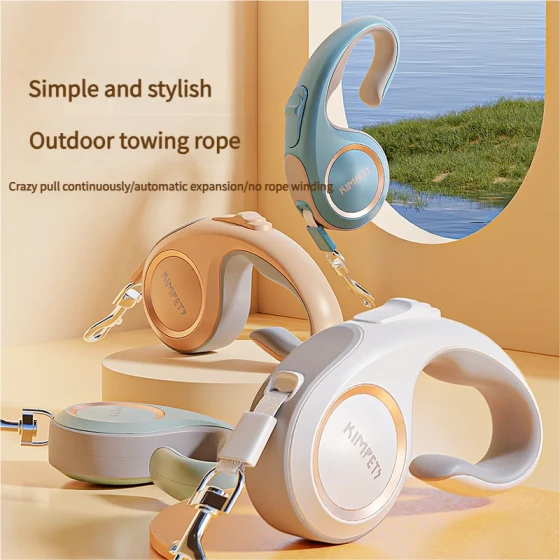Precautions for Raising Puppies, How to Raise Puppies
Today, the PetsZone editor will talk about the precautions for raising puppies. Since puppies' bodies are still developing and their immunity and adaptability to the environment are relatively weak, if they are not cared for carefully, they can easily suffer from various diseases. However, many pet owners lack experience in taking care of puppies, so first-time puppy owners often end up feeling confused and overwhelmed. But don't worry, let's take a look at the precautions for raising puppies below.
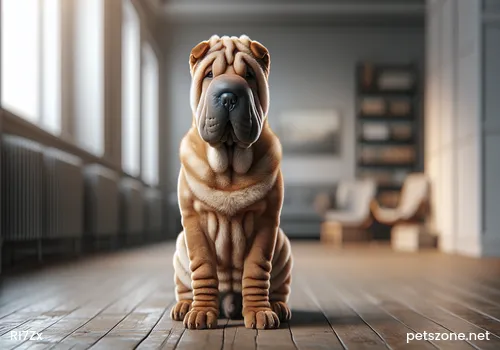
Puppies' digestive systems are not fully developed yet. At this stage, the feed selected should be palatable and easy to digest. It is recommended to use puppy food soaked with milk powder for the dog, and absolutely do not feed cow's milk as it easily causes diarrhea. You can choose goat milk; a better choice is Gudeng goat milk powder, carefully formulated according to the unique nutritional needs of puppies, supplementing various nutrients so the dog performs well in intestinal, bone, coat, physique, and intellectual development. Delicious and nutritious.
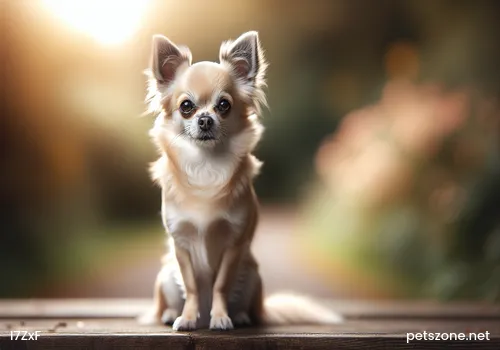
Puppies have relatively weak immunity, so the environment needs to be quiet, dry without dampness, well-ventilated, warm in winter and cool in summer, and easy to clean. The best choice for cages is electrostatic spray-painted or stainless steel cages, as wooden ones are easily chewed by puppies causing gastrointestinal discomfort and are therefore unsuitable. Choose a warm place in winter, ventilated and not humid in summer. Once the living area is chosen, to help the puppy behave better, it is best to limit the new puppy's freedom inside the house and yard by setting clear rules about where it can and cannot go.
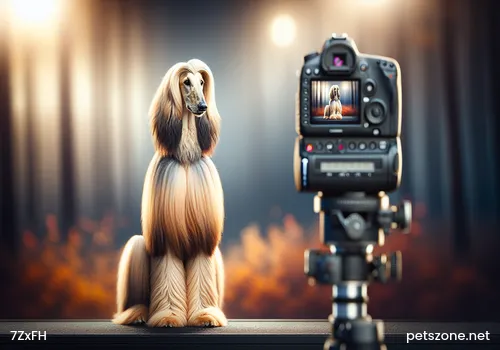
For puppy feeding utensils, it is best to use stainless steel bowls. Buy two: one for food and one for water. For long-eared puppies, to prevent ears from mixing with food and getting dirty, owners need to choose specialized tapered bowls for long ears. For breeds needing whiskers, to keep whiskers dry, it is necessary to purchase drip-type water bottles.
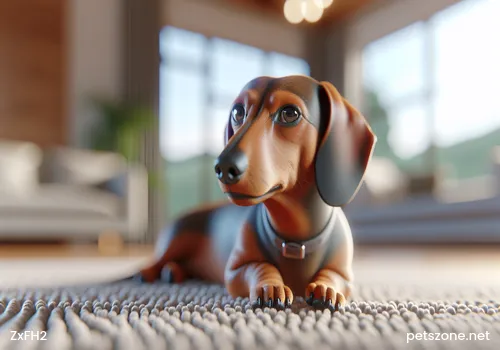
Everyone knows puppies love to chew on everything. This may include furniture, slippers, and anything in the house. In fact, puppies chewing is just like babies sucking their thumbs — a normal need during teething. Therefore, providing safe toys to satisfy this need is recommended. But remember to keep the trash can out of reach~

Regarding the most troublesome problem for owners: dogs urinating and defecating everywhere, the key to prevention is early training. Designate a specific place for the puppy to relieve itself. After each meal, take it to the fixed potty location so it learns where its toilet is. If you want it to use newspapers, place the newspaper on the floor just before it needs to go. After several times, the smart puppy will learn to go properly. At that time, praise, encourage, and compliment it, letting it know it is a good and smart puppy. If it goes in the wrong place, correct it promptly and clean the area thoroughly so the puppy cannot find it next time. Since puppies are very young and lack muscle control, they may urinate due to fear or excitement, but it will improve as they grow.
This training takes about three to four days to be remembered. This process requires extreme patience and love. The dog will not understand it within just a few days; the owner needs to repeatedly educate it for results!
